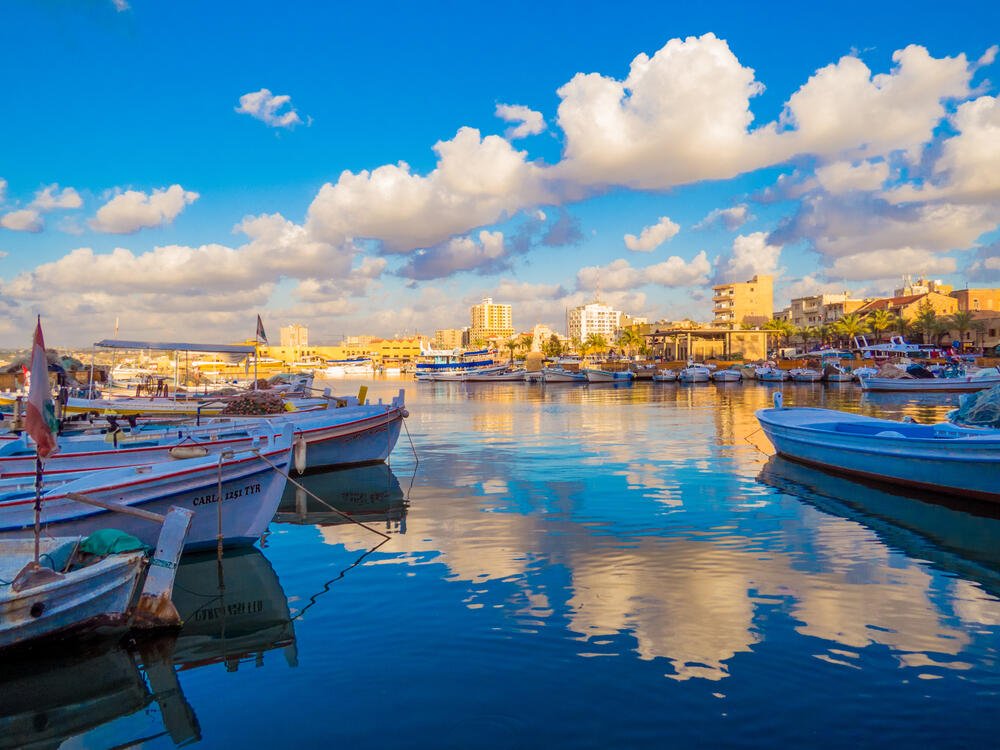
When do you move boats from one location to another, and how frequently does this happen? For example, suppose you reside in an area close to water.
In that case, you undoubtedly already know that transferring boats may be difficult because they typically need to be handled with extra care.
When transporting boats, it is essential to take into consideration their dimensions, as well as their weight and shape. Of course, there are additional differences depending on the kind of boat.
For the purpose of relocating a sailboat, for instance, you should look for a trailer that has sufficient length and width to fit the boat's dimensions.
Before moving boats, it is essential to take the necessary safety precautions. The use of a high-quality trailer and careful attention to boat stowage are both essential preventative measures.
Why You Should Transport Small Boats
Transporting a small boat yourself is a brilliant idea. First, it will save you money. You may be charged extra for gas mileage or other expenses when you hire someone to haul your boat.
Second, you can avoid damage to your boat. Depending on the transporter, they might not have the necessary experience handling your boat safely. They could drop it or damage it in some way.
You can quickly get an estimate of how much it would cost to ship your boat. In addition, it's easy to find out what others charge for similar services.

Ways of Transporting Small Boats
There are many different ways to transport small boats. For example, some people use trailers, while others prefer to tow them behind a vehicle.
You can either rent a trailer or buy a boat carrier. Renting a trailer is cheaper than buying a boat carrier. However, you don't want to pay too much for a trailer.
A trailer is a flatbed with wheels attached to the bottom. Most trailers come with a hitch so that you can attach them to a truck or car.
A boat carrier is a specialized trailer designed specifically for transporting boats. These carriers are more expensive than regular trailers, but they offer better protection for your boat.
You can also transport a small boat by sea. Small boats can fit onto larger vessels to be brought across seas or international waters.
Preparing Your Vessel Before Shipping
Before starting the boat transport process, you must prepare your boat for shipping first. Preparing a smaller boat differs from preparing larger boats in a few ways. Here are some tips to remember for preparing your vessel before shipping.
- Make sure the boat is clean. Cleaning the boat helps prevent any damage during transportation.
- Remove all personal items from the boat, including anything that isn't essential for the boat to function, like loose items.
- Check the boat for leaks. Leaks can cause problems when transporting a boat.
- Fill up the fuel tank before transporting a boat.
- Secure the boat. Ensure that the boat is securely tied down.
- Prepare the boat for storage. After transporting the boat, make sure that it is stored correctly.
- Inspect the boat after storing it. Look at the hull and check the rigging for signs of wear.
- Taking photos of your boat before and after transporting it will help you keep track of changes.
Packaging Your Boat for Transport
When you ship your boat, you should package it carefully. You don't want your boat to break or suffer damage during transit, especially if it's a valuable vessel like a yacht. So here are some things to consider when packaging your boat.
- Use bubble wrap. Bubble wrap is used to protect fragile objects like electronics.
- Wrap the boat in plastic sheeting. Plastic sheeting protects against moisture and keeps the boat safe from scratches.
- Pack the boat tightly. Tight packing prevents movement within the box, which could damage the engine.
- Place the boat inside a sturdy container. A sturdy container ensures that the boat doesn't move around during transport.
- Label the container and note down the number.
Shipping Insurance for Small Boats
If you plan on shipping your boat, then you should get insurance. The shipping insurance cost depends on the boats' types and the vessels' size.
Here are two types of insurance for small boat transportation. One type covers the boat itself, while the other is cargo insurance. Both forms of insurance protect boat owners against financial losses.
The coverage provided by the cargo policy varies depending on the size of the boat. For example, a 20ft boat would require less coverage than a 40ft boat.
Here are some factors to consider when choosing an insurance policy for your boat.
- How much does the insurance cover?
- What happens if something goes wrong with the boat?
- Does the insurance company offer assistance?
- Will the insurance company pay for repairs?
- Is there a deductible?
- What happens when you need to file claims?
- Are there limitations on when the claim can be filed?

Customs and Taxes Involved in Transporting Small Boats
Before you decide to ship your boat, you need to know about customs and taxes. These fees and regulations apply to boats regardless of their size.
- Import duty. You will have to pay import duties when bringing a boat into the U.S. This duty increases based on the boat's value.
- Customs brokerage fee. There is also a customs brokerage fee that applies to all imported goods. This fee is paid to the government agency that handles imports.
- VAT (value-added tax). In addition to import duties, you will also have to pay VAT. This sales tax applies to most products sold in the United States.
- Marine Fuel Tax. Marine fuel tax is a tax applied to gasoline and diesel fuel. This tax rate varies depending on the state where the boat is being shipped.
- Passenger Vessel Service Fee - This fee applies to passenger's vessels. The amount of this fee depends on the length of the boat.
- Boat Registration Fee. You must register your boat before you can use it on public waterways. The registration fee is determined by the size of the vessel and its age.
- Port Fees. Some ports charge port fees. These fees vary depending on the size of your boat.
Also, if you are planning on transporting your small boat by land via a truck or trailer, you may need to acquire oversize load permits depending on the types of boat you plan to transport and the size.
To navigate your way through all of the taxes and charges that you can expect to face, you can hire a professional to help you navigate through the processes. A freight forwarder is a great way to speed up the process and save you time and hassle.
The Average Cost of Transporting a Small Boat
The average cost of shipping a small boat from one location to another is $500-$1000. However, the size of the vessel, the distance between the locations, and the method used to move the boat can cause the cost to vary between $100-$2000+.
Shipping Costs Breakdown:
- Freight Forwarders - $200-400
- Truck Rental - $50-150 per day
- Insurance - $25-75 per month
- Customs Clearance - $0-300
- Port Fees - $0-100
- Brokerage Fee - $10-30
- Import Duty - $20-40
- VAT - $0-15
- Marine Fuel Tax - $0-10
These fees are estimates, and you can save a fortune by shopping around and hiring a reputable shipping company to avoid unexpected expenses.
The Pros of Hiring A Professional To Transport Your Small Boat
Hiring a professional to transport your boat is one way to ensure everything goes smoothly. There are many benefits to hiring a professional to do this job. Here are a few reasons you might want to hire a professional to transport your small boat.
- They know what they are doing.
- They have experience in transporting boats.
- They have the equipment necessary to transport your boat safely.
- They have the licenses and permits required to operate their business.
- They provide liability insurance.
- They are familiar with local laws and regulations.
- They will take care of all the paperwork in shipping your boat.
Conclusion
Moving your boat may seem daunting, but it's easier than you think. Doing this has many benefits, including saving money and avoiding potentially dangerous situations. In addition, you can save enormous stress by hiring a boat transportation service to handle the shipping for you.
Ensure that you choose a respected and capable company for shipping your small boats. For example, check out A1 Auto Transport, as they have specialized small boat transport services and a reputation for making customers happy with their work.
Contact Us today to learn more about the excellent help we offer for small boat transport and the easiest way to get your boat from point A to B.






 Share on Facebook
Share on Facebook Share on LinkedIn
Share on LinkedIn Share on Twitter
Share on Twitter




 Google
Google  Instagram
Instagram  Trustpilot
Trustpilot 



